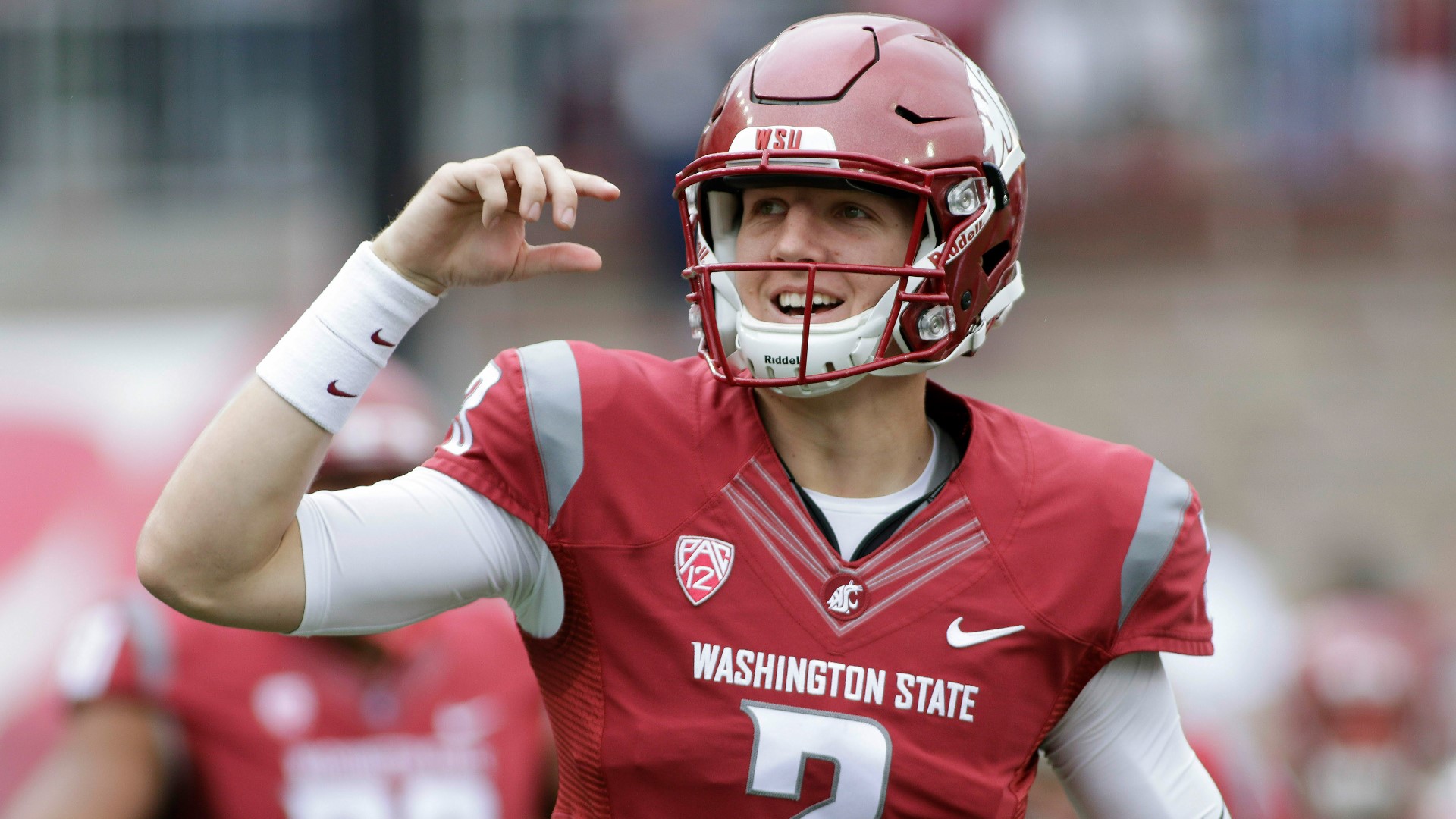SEATTLE — The number of college athletes who have died by suicide is raising concerns about the struggle student-athletes face.
There have been multiple suicides at universities across the country recently, including 22-year-old Stanford University soccer star Katie Meyer, who died by suicide in March, and Washington State University quarterback Tyler Hilinski, who died by suicide in January 2018.
Hilinski’s parents said he showed no signs of depression or that he was struggling before his death.
“I think we kind of felt like, if this can happen to Tyler, it can happen to anybody," Tyler's father, Mark Hilinski, told the TODAY Show.
When you dig deeper into the why, Mark Hilinski said there are a number of reasons a student may take their own life. Some experts said the same characteristics that make a student a great athlete also have a darker side.
“This drive to make every shot, to win every race, every game, there's a lot of pressure they're putting on themselves," said Dr. Jennifer Louie, a clinical psychologist at the Child Mind Institute in San Francisco.
While college is a stressful time for all students, Louie said athletes have the added burden of not wanting to let their friends, teammates or coaches down.
And it is not just about the invisible trauma either.
“Injury can be very triggering for an athlete," explained Louie. "It really hurts that the pain that they have to cope with, the not being able to play."
According to a National Collegiate Athletic Association study, mental health concerns for student-athletes were 1 ½ to two times higher since the fall of 2020 than before the COVID-19 pandemic. However, student-athletes reported lower levels of hopelessness in fall 2021 than in the first year of the pandemic, according to the study.
“It's always been there, you know, that these athletes struggle,” said Louie. “But it was more silent before.”
Louie credits athletes like Simone Biles and Michael Phelps for keeping an open conversation about mental health for athletes. But grieving families are also taking action.
After Tyler Hilinski's death, his parents started the Hilinski's Hope Foundation. The organization teams up with colleges and athletes to normalize and improve mental health and wellness resources.
The organization has partnered with countless schools and launched a podcast with a focus on open conversation in order to remind student-athletes that they aren't alone.
"We try to preach to our sons to tell them don't read the comments, don't read the articles,” Kym Hilinski told the TODAY Show. “You'll like the good that's there, but you know there's going to be bad too.”
If you or someone you know is in crisis, call the National Suicide Prevention Lifeline at 1-800-273-8255, text HOME to 741741, or visit Vibrant Emotional Health’s Safe Space for digital resources.

